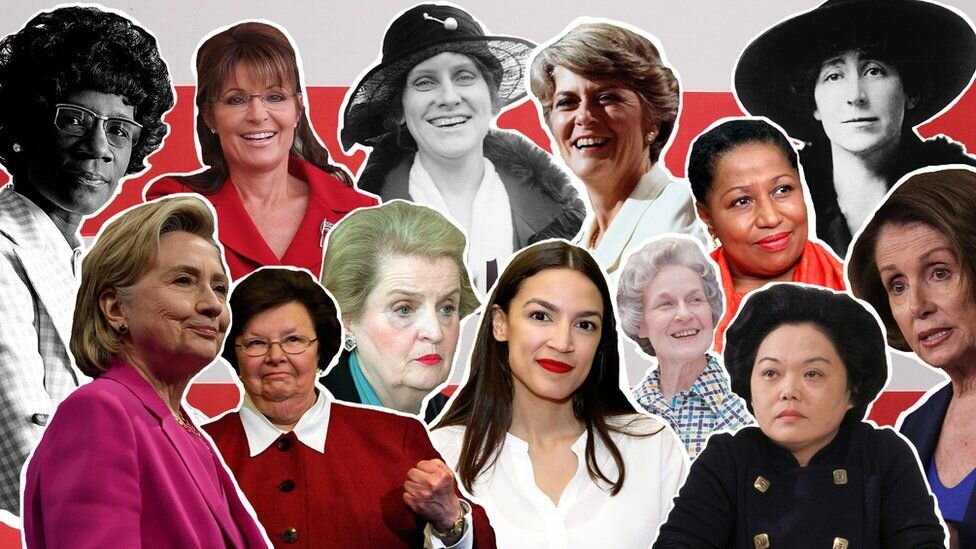Women remain underrepresented in politics in the US and across the globe, with many scholars and commentators suggesting that this is due to women’s lower political ambition compared to men.
In new research, Amanda Clayton, Diana Z. O’Brien, and Jennifer M. Piscopo argue that the problem is not that women have too little political ambition, but that men have too much.

Why women remain underrepresented in elected office is an enduring question in gender and politics research. Many scholars and commentators point to a gender gap in political ambition, where women express less interest in running for office than men. Our new research flips the question – rather than asking why women have so little ambition, we ask: Why do men have so much?
We show that how politics is portrayed affects which groups see themselves as political leaders. The images, narratives, and symbols of politics all send the message that politics is a place where great men accomplish great things. In the United States, this message is sent via reverence for the ‘Founding Fathers’: the celebration of the men – like George Washington, Thomas Jefferson, and Alexander Hamilton – who played leading roles in US independence and early government in the late 18th and early 19th centuries.
In our study, reminding people about the Founding Fathers’ achievements increased political ambition among white men, but not among men of colour or women. Who gets memorialised in countries’ founding narratives matters for the present day, with national origin stories encouraging white men to see themselves as especially suited for politics.
Founding narratives and politics as a space of male greatness
Our study departs from the claim that the founding narrative of the United States reinforces perceptions that politics is a place of male greatness. The heroic deeds of the US Founding Fathers are memorialised in countless ways: in textbooks, on money, in the names of schools and cities and states—and even in the international blockbuster musical, Hamilton.
Contemporary politicians invoke the Founding Fathers to legitimise their campaign bids. In our analysis of 57 presidential campaign announcement speeches from the 2016 and 2020 US elections, 24 of the speeches—the vast majority made by men—referenced the Founding Fathers.
Take Republican congressman Ted Cruz, who in his 2015 presidential campaign announcement speech, asked the audience to imagine the courage of those signing the 1776 Declaration of Independence; then to imagine the courage of George Washington ‘fighting for freedom’; and then to support Cruz in his campaign to ‘stand with liberty’. The Founding Fathers’ legacy inspires men like Cruz, who then position themselves as its inheritors.
You can read the full article here.

